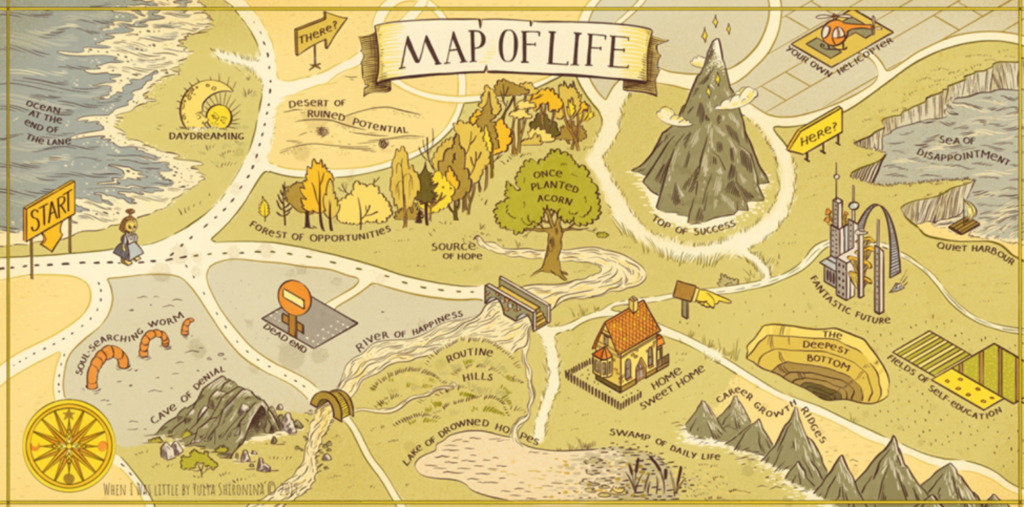blog post
AI Writing Tools

In the heart of my former home town, San Francisco, a billboard catches the eye, especially for those in creative professions. It advertises an AI startup that’s secured over $126 million in funding to provide automated writing tools for large corporations. The slogan reads, “Empower people. Transform work.” However, it’s the company’s name, ‘Writer’ that stirs angst among the writing community.
The rise of artificial intelligence is a source of unease for many writers. Companies like ‘Writer’ are developing tools that instantly produce content which might traditionally have been crafted by human hands. Some media outlets are already using AI for story generation, even as they downsize their editorial staff. With a simple prompt, AI models like ChatGPT can now produce essays in seconds, challenging the efforts of skilled writers who might spend days on similar work.
Reality Bites
Regardless of your personal views on this trend, it’s unfolding rapidly. Unlike previous technological hypes, AI’s impact is tangible, immediately transformational and potent, marking the dawn of a new era akin to electricity, fire, the Internet, the wheel and the printing press all rolled together. This reality is frightening for writers and other creators whose livelihoods are threatened by AI, and particularly so for young GenZ graduates who envisioned an exciting career in journalism. Now, they see no career, anywhere and they don’t even have a fundamental understanding of AI or why they have become instant victims after graduating from 6 years with 2 degrees and $200K in student debt.
The irony is that these advanced systems are trained on human-generated content, yet the creators behind this content are never compensated.
Value or Not
This technological shift seems to exacerbate a long-standing trend that has devalued the work of writers and artists. The digital age first disrupted traditional business models with companies like Google and Facebook, then social media turned everyone into content creators, and now AI threatens to eliminate the essence of writing. The story is not new. Tech entrepreneurs reap huge profits while writers gain little or nothing.
And the race is on to see whether culture dominates or whether IA figures out culture. I’m betting my mortgage on AI.
Sour Grapes
The influx of AI in content creation will reduce and already has drastically reduced costs, but those in denial argue that content is not synonymous with culture. They hope and claim that the rise in AI-generated content will heighten the need for cultural connection and human interaction. These aspects will become increasingly valuable, making culture a significant part of the global economy.
These folks suggest history offers a parallel in the agricultural revolution, where automation drastically reduced the labor force required for farming, yet led to an abundance of food and diverse job opportunities. Similarly, they claim AI’s advancement won’t diminish the demand for human connection. There will always be a craving for authenticity, empathy, and shared experiences that AI cannot replicate.
That tells me two things. One, these folks don’t understand history and two, they also don’t understand AI. The current version of ChatGPT 4 is 10X “smarter” than ChatGPT 3.5 with an IQ of about 160 – same as Einstein’s. ChatGPT 5 will be 100X smarter than its predecessor with an IQ of 16,000. That is plenty enough to figure out the cultural authenticity, empathy, and shared experiences puzzle. The average American IQ is 70.
As regards farming, that industrial revolution mirrored work on an assembly line, where specialized labor involves repetitive tasks that can be performed by machines. This meant routine jobs like sowing seeds, harvesting crops, milking cows, and feeding and slaughtering animals could be mechanized, reducing (and in some cases eliminating) the need for human and animal labor. Between 1900 and 2000, the share of the U.S. workforce involved in agriculture declined from 41 percent to 2 percent.
The only “diverse job opportunities” that resulted were in other industries.
Whether a company like ‘Writer’ can succeed in the AI revolution, will depend on its ability to generate that level pf original and intrinsic authenticity, empathy, and shared experiences that defines a human writer. But, what is certain is that if they cannot, many others will.
I used to have a plaque engraved with the admonition, “Adapt, Migrate or Perish”. Solid advice for all professions in the AI era, and particularly for writers.
Author
Steve King
Managing Director, CyberEd
King, an experienced cybersecurity professional, has served in senior leadership roles in technology development for the past 20 years. He has founded nine startups, including Endymion Systems and seeCommerce. He has held leadership roles in marketing and product development, operating as CEO, CTO and CISO for several startups, including Netswitch Technology Management. He also served as CIO for Memorex and was the co-founder of the Cambridge Systems Group.